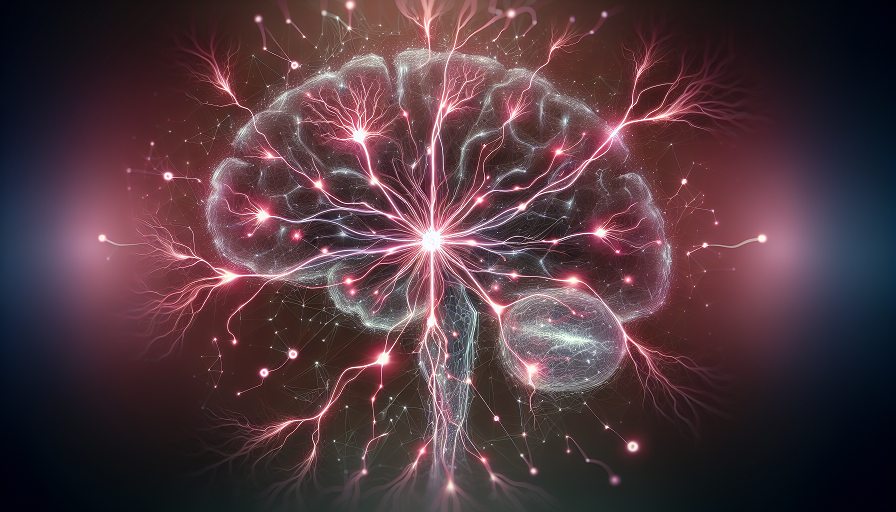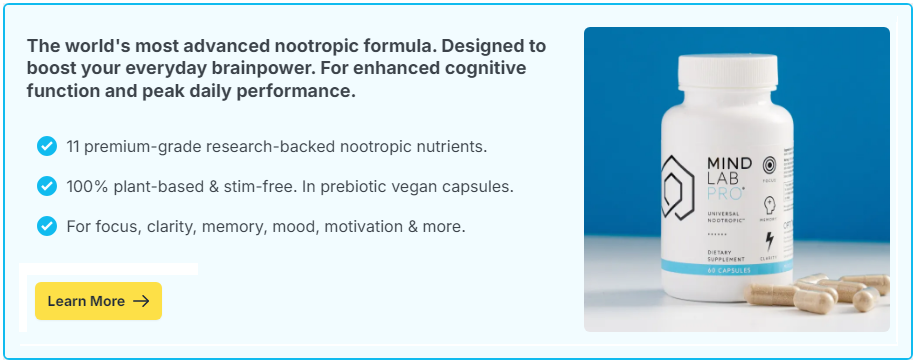
Creativity is often seen as a mysterious gift that some people have, while others do not. However, neuroscience shows us that creativity is not just about talent, but it’s also something that can be nurtured in everyone. At the heart of this transformation lies the concept of neurogenesis—our brain’s ability to generate new neurons. By understanding and enhancing this process, you can pave the way for increased creativity and innovation.
Contents
Understanding Neurogenesis
Before we dive into the connection between neurogenesis and creativity, let’s explore what neurogenesis actually is. Neurogenesis is the process by which the brain produces new neurons. Neurons are cells that transmit information throughout your body, forming the building blocks for thoughts, behaviors, and emotions.
Where Does Neurogenesis Occur?
Neurogenesis mainly happens in two areas of the brain: the hippocampus and the olfactory bulb. The hippocampus is especially important here because it is associated with memory and learning, which are crucial for creative thinking. This means that even as we get older, our brains retain the ability to form new connections and innovate.
How Does Neurogenesis Help with Creativity?
Neurons are essential for creating pathways in the brain for learning, memory, and problem-solving. When you encourage the growth of new neurons, you enhance these brain functions, helping you to better generate new ideas and think outside the box. In essence, nurturing neurogenesis strengthens the fundamental tools your brain uses for innovation.
Practical Steps to Boost Neurogenesis and Foster Creativity
There are various ways you can stimulate neurogenesis, thus improving your brain’s capacity for creative thinking. Here are some practical steps to help you unlock your creative potential:
Engage in Physical Exercise
Exercise is a powerful catalyst for neurogenesis. When you exercise, your body releases brain-derived neurotrophic factor (BDNF), a protein that promotes the growth of new neurons. Aerobic activities such as running, swimming, or even brisk walking can significantly benefit your brain. Aim for at least 30 minutes a day to see improvements in both memory and creativity.
Adopt a Brain-Boosting Diet
Your diet can greatly affect your brain’s ability to grow and repair neurons. Foods rich in omega-3 fatty acids, like salmon and walnuts, support brain health. Antioxidant-rich foods, such as blueberries, help reduce inflammation and protect brain cells. Keeping your brain well-nourished ensures it operates at its highest potential.
Get Enough Sleep
Sleep is not just a time for rest; it’s crucial for brain function. During sleep, your brain consolidates memories and strengthens neural pathways. Lack of sleep can impair cognitive function and stifle creativity. Strive for 7-9 hours of quality sleep per night to maintain optimal creativity levels.
Practice Mindfulness and Meditation
Mindfulness and meditation help reduce stress and have been shown to encourage neurogenesis. These practices provide mental clarity and improve emotional well-being, both of which are beneficial for creative thinking. Start with short, guided meditation sessions to clear your mind and be open to new ideas.
Try New Experiences
Novelty and challenge are vital components for boosting creativity. When you encounter new experiences, your brain forms new connections, stretching your cognitive and creative abilities. Travel, learn a new language, or pick up a new hobby to stimulate your brain and enhance creative thought processes.
The Science of Innovation
Innovation is essentially creativity in action. It involves implementing creative ideas to solve problems or enhance processes. When your brain is primed for creativity through neurogenesis, you’ll find it easier to innovate. Companies and industries thrive on innovation, and understanding the underlying brain processes can give you a competitive edge.
Fostering an Innovative Mindset
Having an innovative mindset means constantly seeking improvements and solutions. It involves curiosity, open-mindedness, and a willingness to take risks. The more you engage in activities that foster neurogenesis, the easier it will become to adopt this mindset.
The Role of Environment
An environment that encourages experimentation and learning can significantly impact your ability to innovate. Surrounding yourself with diverse ideas and perspectives, for instance, can enrich your creative process. Similarly, workplaces that promote collaboration and exploration often see higher rates of innovation.
The Influence of Brain Supplements
In recent years, there has been growing interest in the potential benefits of brain supplements, also known as nootropics, in supporting cognitive functions and promoting neurogenesis. These supplements are designed to enhance memory, focus, and mental clarity, thereby fostering an environment conducive to creativity and innovative thinking.
Key Ingredients in Brain Supplements
Some popular ingredients found in brain supplements that are reputed to support brain health include:
- Omega-3 Fatty Acids: Commonly found in fish oil, these acids are crucial for brain health and have been associated with better mood and cognitive function.
- Ginkgo Biloba: This herbal extract is believed to improve blood flow to the brain, thus enhancing concentration and memory.
- Bacopa Monnieri: Traditionally used in Ayurvedic medicine, Bacopa boosts brain function by aiding in the regeneration of damaged neurons and reducing anxiety.
- L-Theanine: An amino acid found in tea leaves, L-Theanine is known for promoting relaxation without sedation, helping to improve focus and creativity.
- Rhodiola Rosea: An adaptogen that reduces fatigue and increases mental endurance, particularly beneficial for maintaining creativity under stress.
In the quest for creativity and innovation, understanding the mechanisms of neurogenesis offers a unique advantage. By fostering new neuron growth, embracing new experiences, maintaining a healthy lifestyle, and cautiously exploring brain supplements, you set the stage for creative breakthroughs. The journey to enhanced creativity is an evolving one, marked by curiosity, learning, and the continuous quest for cognitive and creative growth.

